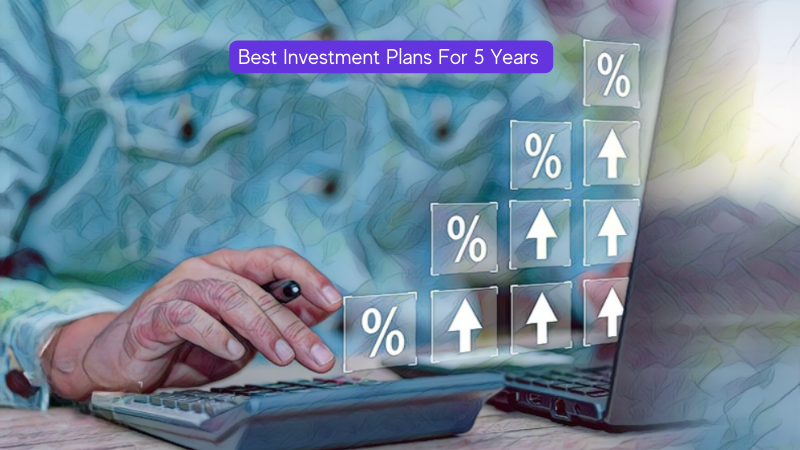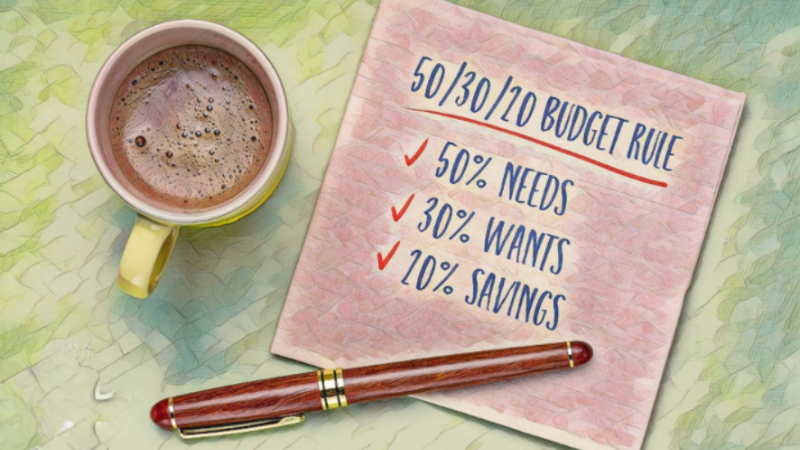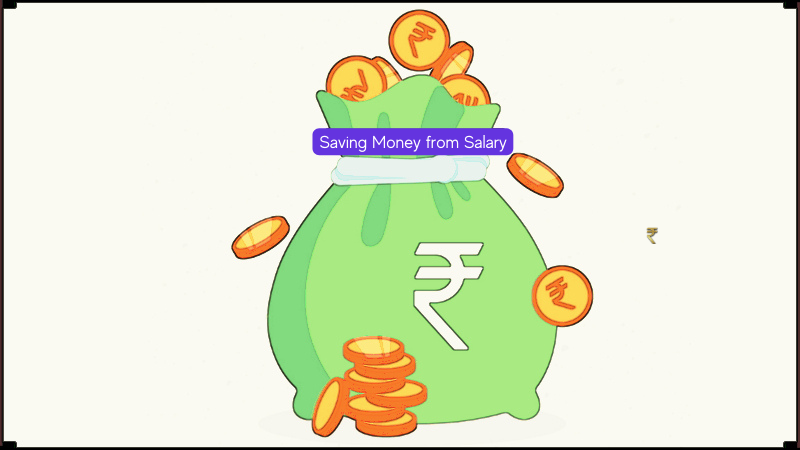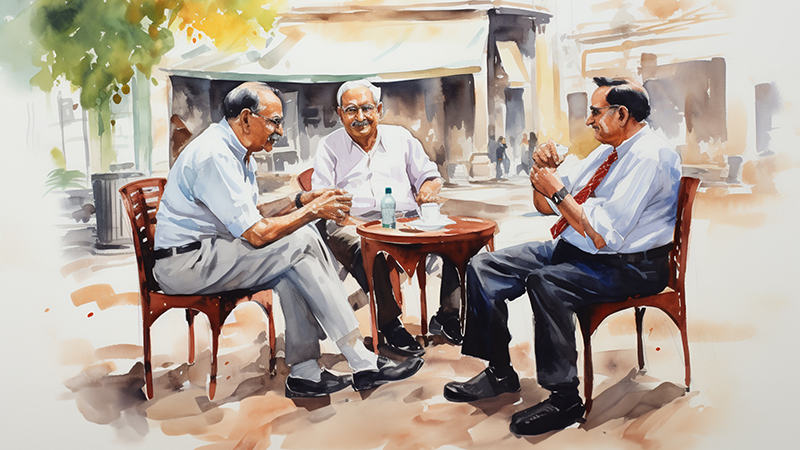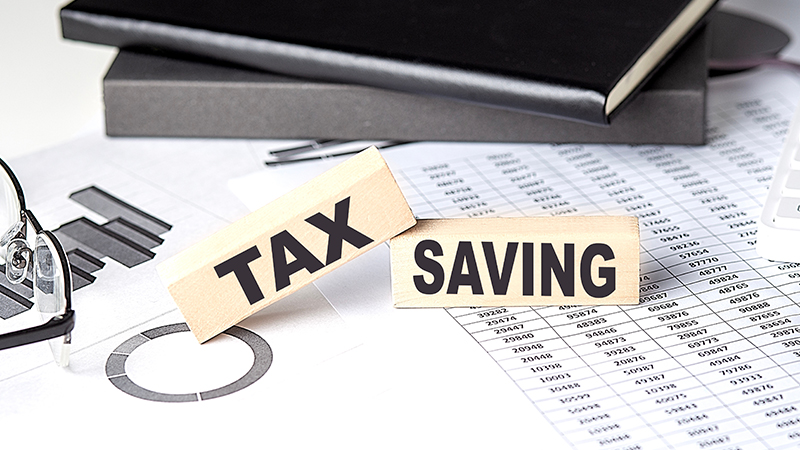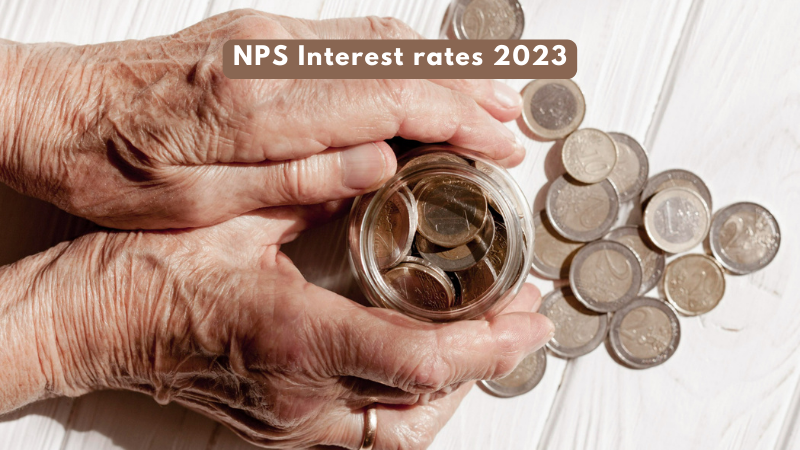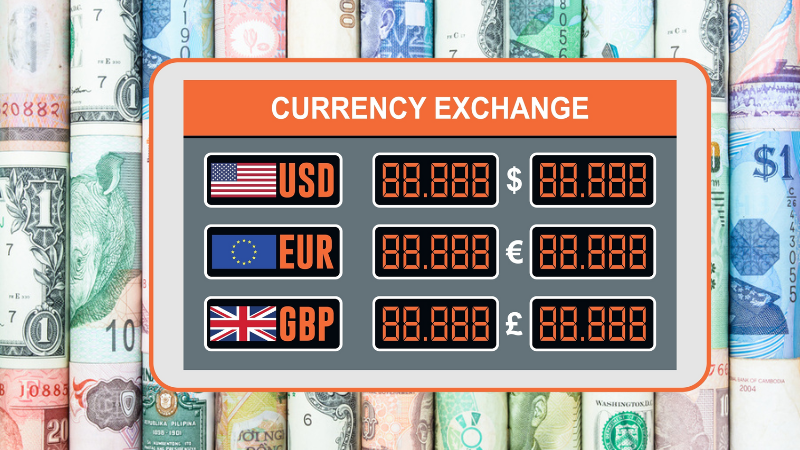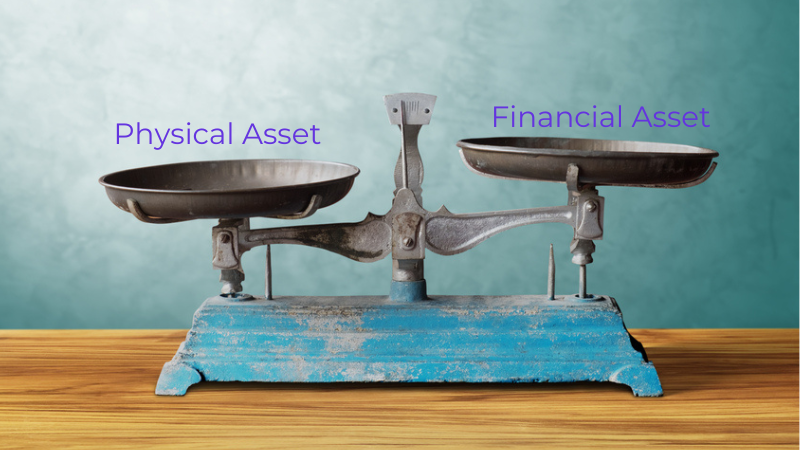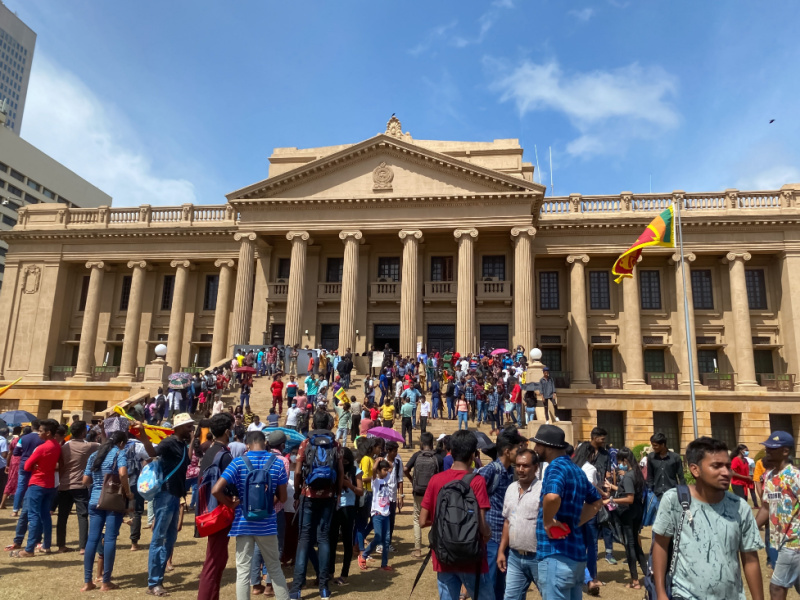
The world had been reeling under the covid pandemic for the past two years and is trying its best to revive but is now facing severe inflation. However, for Sri Lanka, the crisis has gone from bad to worse. The situation in the island country is so dire that there is virtually no government as of today and the state machinery is run by protestors. But how did the situation get this bad and what can the world learn from their mess?
The answers to these questions are discussed hereunder.
What is the current situation in Sri Lanka?
Sri Lanka is a beautiful island country that was self-sufficient in food and was also a major tourist attraction. However, this is now a thing of the past. The country today has the highest inflation in the world and the Sri Lankan rupee is trading at an all-time low of 359 approximately. The country has a huge shortage of food, fuel, essentials like medicines and life-saving medical equipment, etc.
Students were not even able to write their exams due to a lack of paper and ink. Many citizens have died due to long hours of waiting for fuel and groceries. The situation is so extreme that the military has been deployed at fuel stations to ensure smooth disbursal of fuel. The country’s Prime Minister and the President have resigned and have fled the country in the wake of extreme protests by the citizens and there is virtually no government to regulate the daily affairs as well as navigate through this crisis.
What led to the current crisis in Sri Lanka?
This mess has not been created in a day, it has been the result of many wrong decisions and a few events that were beyond their control. Some of the key factors that have led to the current situation are highlighted below.
- The leadership of the country reduced the VAT from 15% to 8% directly and also introduced direct tax reforms that led to a majority of taxpayers being out of the purview of taxation. This drastically reduced the revenue of the state further depleting the reserves of the country.
- Sri Lanka is a major importer of goods and services but the foreign reserves of the country have been reduced to such an extent that the country is unable to pay for even the basic necessities of its citizens.
- The government took many huge loans from sharks like China to fund unsustainable projects. The total loans of the country today stand at US$51 billion approximately and have reached extreme levels of about 119% of GDP.
- The Easter bombings of 2019 had a drastic impact on the country’s tourism which was 1/10th of the GDP. Another blow to this industry was the Russian-Ukraine war as a huge chunk of their tourism revenue comes from the tourists of these regions.
- An important blow to the economy was by the government when they suddenly changed the agricultural policy and mandated that the country would go organic. The country banned fertilizers altogether and the result was devastating for the agricultural sector and the economy as a whole. The country was self-sufficient in its food requirements but had to import rice for the first time and had a drastic reduction in its tea exports.
The combined effect of all these factors led to huge inflation that has made life in Sri Lanka extremely difficult.
What are the remedial actions needed for Sri Lanka?
The crisis in the country needs immediate remedial measures to ensure that the country can survive these bleak circumstances and provide some sense of stability to its citizens and the world. Some of the key actions that need to be taken on an urgent basis are highlighted below.
- First and foremost, the country needs a government. The newly appointed Prime Minister has resigned after being in office for less than 2 months. Also, the President had to escape to Singapore due to the growing protests. The focus of the country is now to get a functioning government that may not be elected by the people but will be in the form of a caretaker government.
- The country needs a steady line of credit to pay for the essentials of the country as well as to clear the huge pile of debt left by its leaders.
- The agriculture sector and the tourism industry form the backbone of the country and hence, there need to be essential remedial measures to ensure its survival and growth in the coming years.
- The country also needs to safeguard itself from any external or internal threats to its security.
What are the lessons for the world, especially India?
This crisis in Sri Lanka has many lessons for countries across the globe as well as personal finance management lessons for individuals. Some of the key lessons for the world are highlighted below.
- Perils of free stuff politics
A country’s revenue is its lifeline and needs to be always protected. Any government policy that is detrimental to the revenue of the country which may seem lucrative for the short term will always damage the economy in the long run. The Sri Lankan Government’s declaration to reduce taxes just to get votes and enjoy staying in power was devastating for the economy. It is important to understand that the system of providing free stuff in politics is not sustainable and will endanger the survival of the country in the future which was the case with Sri Lanka.
- Perils of dynastic politics
The Rajapaksa family was the first family of the island nation and at its peak enjoyed approximately 75% control of the country’s budget. The saying ‘Power tends to corrupt; absolute power corrupts absolutely’ is quite true. The Rajakapsas belong to the majority community of the country and were single-handedly responsible for destroying the country’s economy.
The citizens of the country are also at fault as they ignored the corruption charges against the family and were elected again in office in the name of majoritarian politics. We have time and again seen the perils of dynastic politics in many nations when incompetent people have gained huge power and manipulated it for their personal gains. India has also seen dynastic politics and its side-effects in its history and it is important that we learn from their mistakes.
- Do not lose focus on the key sector or industries of the economy
Tourism and agriculture were the key sectors in Sri Lanka and formed a major part of the GDP. The unpredictable circumstances like covid, the ongoing war, and the Easter bombings gave a series of blows to the tourism industry in the country.
On the other hand, mismanagement and incompetent decisions of the government killed its agricultural sector. The key takeaway from these combined disasters is that a country should never lose focus on its core revenue sources and have a good stronghold on them. The government policies should also be with a long-term view and after taking into account the recommendations and warnings of experts in relevant fields to ensure that they do not backfire and bring the country to its knees.
- Being cautious of Chinese investments
China has made major investments across the globe in the name of building economies and helping them come on a fast track for growth. However, it is important to beware of the Chinese debt trap which no longer is a myth. Experts believe that China is known to invest in strategically important but economically poor countries and when they are unable to repay their debt, China is known to show its cards. The world needs to take this issue seriously and come together to help such countries so they do not fall into any Chinese debt trap.
- Keep spending in check
This is the golden rule in economics that expenses should never be more than one’s revenues. Like any other developing country, Sri Lanka also invested in infrastructure and essential sectors to grow. However, such investments need to be viable and the spending should always be in check so it does not endanger one’s survival. Other countries should also learn that when the resources are limited it is imperative that investments be done after a thorough cost-benefit analysis and taking into account the consequences of failure if any.
Lessons for personal finance management
The above lessons that a country can learn from Sri Lanka can also be translated on a microeconomics level to ensure optimum personal finance management. Some of such key lessons are,
- Borrow only after evaluating the availability of a sound repayment source.
- It is important to understand that there is no free lunch in this world and if someone is offering it for free or at throw-away prices, there is always a catch. Hence, it is important to study all the aspects and consequences before taking a plunge.
- Never rely on loan sharks in a bid to get cheaper loans as it may pose a danger to one’s survival ultimately.
- The core source of income should be protected at all costs and never be experimented with without another source of backup.
- It is important to have a stable source of passive income that can at least take care of one’s survival in an unforeseen event that damages the primary source of income
- The control of finances should never be delegated or diluted in incompetent hands as the result can be disastrous.
Conclusion
The Sri Lankan economy is in an extremely dire state and the road to recovery is quite long. India in its ‘neighbour first’ policy has lent a huge helping hand, however, our resources are also limited. India, therefore, needs to tread carefully and ensure that we do not burn out our own hands while dousing a fire in our backyard.
FAQs
Currently, one dollar is worth 359 Sri Lankan Rupees.
Tourism accounted for an average of approximately 12% of Sri Lanka’s GDP and was one of its top revenue sources.
IMF in its suggestions stated that Sri Lanka needs to take strong measures to boost its agriculture and tourism industry for its survival and for the country’s state to improve.
Sri Lanka needs approximately US$6 billion to repay the debt installment due as well as import the essentials for its citizens for the next 6 months.
Sri Lanka currently cannot afford to have another election but having a government in place is crucial to keep the country functioning. It is proposed that an all-party government will be formed that will be in the nature of a caretaker government till the situation stabilizes.







